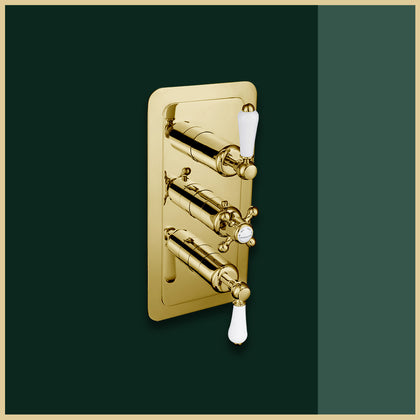As summer is approaching, numerous people are purchasing pools to stay at home and enjoy a relaxing vacation. If you're considering buying an above ground pool for your backyard, here are the basics you need to be aware of.
Let the summer vacation come to your backyard
Before you splash in the water you'll have to conduct some preparation. In order to prepare for an above ground pool, think about the price to purchase and then install the pool for its entire life of seven to fifteen years. Also, consider the kinds of customized features you'd like to incorporate into your dream swimming pool.
Cost
Above ground pools can be priced between £1000-£12000 depending on the size and shape. Remember, the price may not include other costs such as the retaining walls, electrical installation as well as landscaping, fencing and other pool equipment. Consult a swimming pool contractor for an appointment and a final price.
Installation
The price for building an above ground pool will determine its size, depth and brand. Installing the pool by a professional could be more costly than if you make it yourself. If you're considering opting for the DIY method, ensure you've got the experience of the subject and have the right tools to do the job in a safe manner.
If you choose to employ experts to construct your pool, think about the amount of work required to take place during the course of the construction project, such as installation of the foundation and electrical needs. A pool that is above ground during the off-season could help cut down on costs, but not as much during summertime when lots of people would like to keep cool with the pool that is their own.
Features
In the case of above ground pools, there are a few aspects to take into consideration:
The dimensions of the area it will be placed in when deciding on the form that the swimming pool will take (oval or circular)
Who is likely to use the pool most frequently in terms of safety? What features will need to be added (step ladder rope, lights barrier, pool toys, etc.)
Understanding the Basics of Shower Valves
Shower valves play a crucial role in controlling the flow and temperature of water in your shower. Whether you're building a new shower or renovating an existing one, selecting the right shower valve is essential for a comfortable and convenient bathing experience. Here's what you need to know about shower valves:
1. Types of Shower Valves : There are several types of shower valves available, including pressure-balancing valves, thermostatic valves, and manual valves. Pressure-balancing valves maintain a consistent water pressure despite fluctuations in hot or cold water supply, while thermostatic valves allow you to set and maintain a specific water temperature. Manual valves, on the other hand, require manual adjustment to control both pressure and temperature.
2. Installation Requirements : The installation process for shower valves may vary depending on the type of valve and your plumbing system. It's essential to consult with a professional plumber to ensure proper installation and compatibility with your shower system.
3. Maintenance and Care : Like any other plumbing fixture, shower valves require regular maintenance to ensure optimal performance and longevity. Periodically check for leaks, drips, or unusual noises, which may indicate a malfunctioning valve. Additionally, clean the valve and showerhead regularly to prevent clogs and buildup of mineral deposits.
4. Upgrading Your Shower Experience : Upgrading to a modern shower valve can enhance your shower experience by providing precise control over water temperature and pressure. Consider features such as digital temperature displays, built-in diverter valves for multiple showerheads, and anti-scald protection for added safety.
5. Choosing the Right Valve : When selecting a shower valve, consider factors such as your budget, desired features, and existing plumbing setup. Consult with a plumbing professional to determine the best option for your specific needs and preferences.
6. Ensuring Compliance : Make sure that the shower valve you choose complies with local building codes and regulations. This ensures safety and compliance with industry standards for plumbing installations.
By understanding the basics of shower valves and selecting the right valve for your shower, you can enjoy a comfortable, convenient, and hassle-free bathing experience every time.
.jpg)

No comments:
Post a Comment